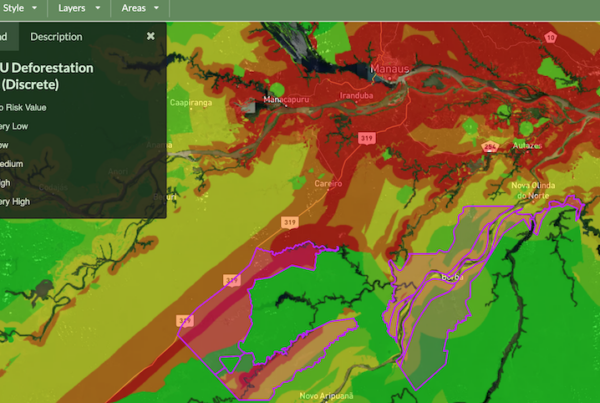But will the forests still be there?
One of the most frequent challenges raised about the use of forests to mitigate climate change is the question of permanence: will human or climate change related factors result in the loss of carbon stocks over time?
While human influences can be addressed within a framework of legal, institutional and risk management components, climate change is a harder, and possibly bigger question in the long run.
NFS Seeks to Tackle the Forest Permanence Question
The Natural Forest Standard is the first carbon crediting program to address this question head on. We are asking questions such as: which forest ecosystems are likely to be negatively impacted by climate change? Over what time horizons? And to what extent can forests be protected or managed through these changes? How should we reflect those risks in the types of credits issued?
We are pleased to announce that Professor Patrick Meir of the University of Edinburgh joined the Advisory Panel of the Natural Forest Standard in September to help us begin to grapple with these questions. Prof Meir has been working on the effects of water availability and other factors on the health of Amazonian forests for over 20 years, along with similar studies in temperate forests.
Building a Robust Framework
Over the next two years we aim to set a framework for addressing forest climate risks alongside other risks to forest integrity and carbon stocks. We would be interested to hear from other experts and interested parties with relevant experience and insights.
Professor Meir holds a Chair of Ecosystem Science and is the Royal Society Wolfson Fellow, School of Geosciences at the University of Edinburgh UK. He is also Honorary Professor of Forest Ecosystems, Australian National University, Canberra, Australia. He has co-authored over 200 scientific papers and is a Royal Society of London Millennium Fellow.




